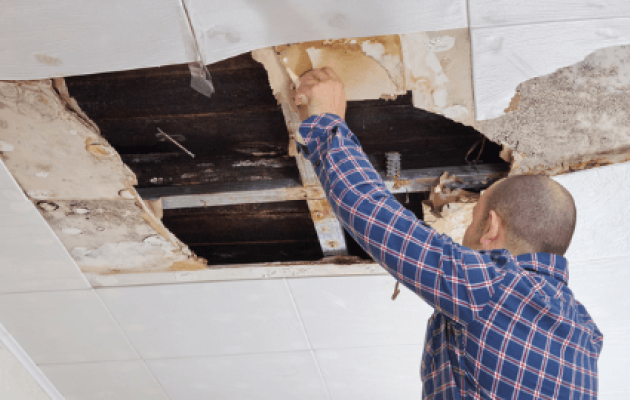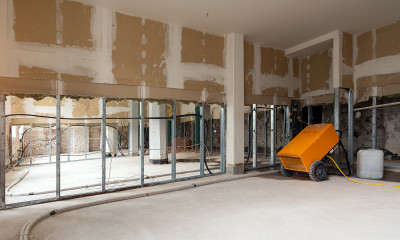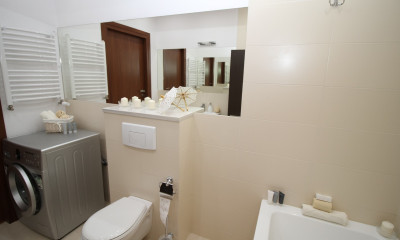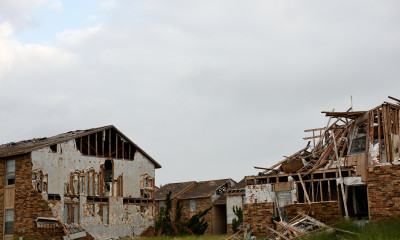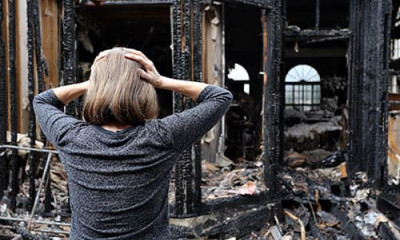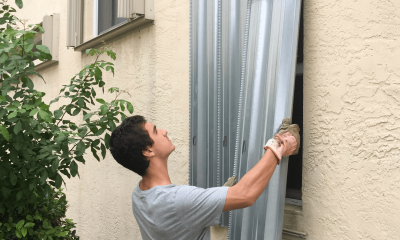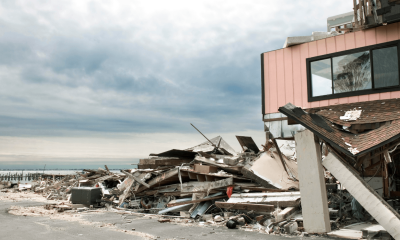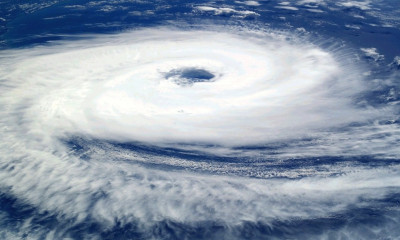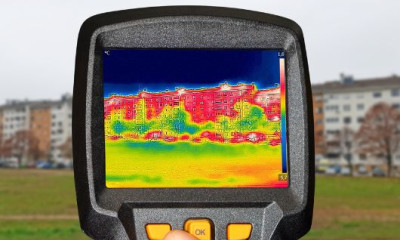Dealing With the Insurance Adjuster After Water Damage
Water damage to your property means that your investment is at risk. To protect your best interests, you’ll want to address the damage quickly by calling your insurance company right away.
Working with your insurance adjuster during a claim can be challenging for any property owner. Not only are you likely at a disadvantage when it comes to insurance knowledge, but an insurance adjuster’s job is to process claims as quickly as possible—and, in some cases, keep your claims payment as low as possible.
Our expert team of public adjusters at Jansen/Adjusters International is here to guide you through a few key points to effective communication when working with an insurance adjuster to attain an optimal settlement and ensure nothing is missed during your water damage claim.
The Challenges with Claims Adjusters
Many claims adjusters are licensed professionals trained to use specific tools to calculate the extent of water damage. In addition to conducting thermal imaging inspections and evaluating created inventories, they use pricing guide software to calculate your losses.
The problem is that the software may not reflect the current costs of labor and materials. Consider, for instance, the skyrocketing prices of building materials during the COVID-19 pandemic. Supply chain bottlenecks, fuel prices, and labor shortages will all affect your cost to rebuild/repair. The insurance company adjuster's software might not reflect those numbers so they could offer you a check for much less than your expected costs.
In addition, the insurance claims process can often move too quickly to uncover the true extent of water damage. This means you might not get the settlement you are entitled to—and you might not even be aware of it.
Understand the Damage
To work towards the best outcome with your insurance claim, you must understand the damage and its cause as best as possible.
Water damage from sources inside your house—the bathroom, a heater, or an air conditioning unit—and those caused by outside flood events will all be handled differently during the claims process. Depending on the source of the damage, water events may involve sanitary or “clean” water, “grey” water, and “black” water. Clean water comes from sources such as toilet tanks and does not pose an immediate health risk. Grey water, such as that from dishwasher overflow, does have the potential to cause sickness. Finally, black water, which originates from sewage, rising seawater, or wind-driven rain from hurricanes, poses the greatest risk to your health.
Some water damage situations will also have limitations on coverage. For example, hurricane coverage will only apply to named storms, while wind events are covered by separate policies, specifically for windstorms.
As a property owner, you want to complete repairs as soon as possible to prevent future issues, regardless of the water damage present.
Document Everything
One of the most important actions to take related to your water damage claim is to document everything you can and send it to your claims adjuster.
When you experience a water damage event, it’s normal to feel stressed or on edge, making it hard to take action. But documenting the effects of water damage on your property is integral to attaining the settlement you deserve.
You will likely need to visit the property multiple times during and after your water damage event to document every issue. Even if a problem seems minor at first, you may come back to find the issues exacerbated with time.
Fortunately, modern technology makes documentation more effortless than ever for property owners. Using your cell phone or other mobile devices, be sure to:
- Take photos and videos, then email them to your insurance agent and claims adjuster—"cc" yourself in the email so you can find them later
- Keep every receipt for purchases like fans, duct tape, caulk, sandbags, and tarps
- Take photos of the receipts and email them to all parties involved—also “cc” yourself
Remember that your insurance policy will cover many of those purchases, as they help protect the property from further damage.
Should you be reassigned a different insurance adjuster—a common occurrence during significant hurricane events—having written evidence and agreements is also helpful to ensure any promises made are kept.
Key Points to Watch at Your Property
Puddled water is a concern that should be addressed quickly. Electrical outages are common during disasters, but you may need to shut the power off. For safety, do this during the daylight hours. In addition to the immediate danger of standing water, even an inch of standing water can mean wet sheetrock, floors, and other materials—and the longer it sits, the deeper it can seep. Depending on the category of water, microbes can grow. You will have to negotiate with your insurance company for special cleaning services to mitigate ongoing damages.
Upstairs bathroom leaks can cause more damage with time. Because water flows downwards, upstairs or attic bathroom leaks tend to create more damage on the lower floors in the long run.
Elevators and stairwells pose significant threats. You may need to buy caution tape to ward away vagrants or unsettled tenants. Use it liberally and take photos to prove that you’re doing your best to keep others safe on your property.
Look closely at windows and windowsills. Water leaks can creep down into the wall and remain undetected for months.
Unseen water damage is also a concern to keep in mind. No house is 100% watertight. When your adjuster visits your property to document the damage using thermal imaging and other tools, they may address visible damage but stop before getting to where the water has reached deep inside walls and floors. They also can’t predict future issues such as mold.
Five Questions To Ask Your Insurance Adjuster
- When can I expect to receive an advance for my contents and structure loss? I need to start buying essential items and hire companies for cleaning and reconstruction.
- How much do you estimate my building loss to be?
- Can you give me a copy of my insurance policy and explain my coverage?
- Will you be the person to adjust my loss from beginning to end, or will others come next? If you are rotating insurance adjusters, when can I expect them to visit me?
- Who will help me prepare the claim for all my contents damaged in this catastrophic loss?
Public Adjusters Work for You
At Jansen/Adjusters International, our goal is to calculate the damages to your property to the actual costs to repair them. We work for the insured—never for the insurance company—to get you a full and fair settlement for your water damage insurance claim. If you happen to experience major property damage, don’t hesitate to schedule a free claim review.

